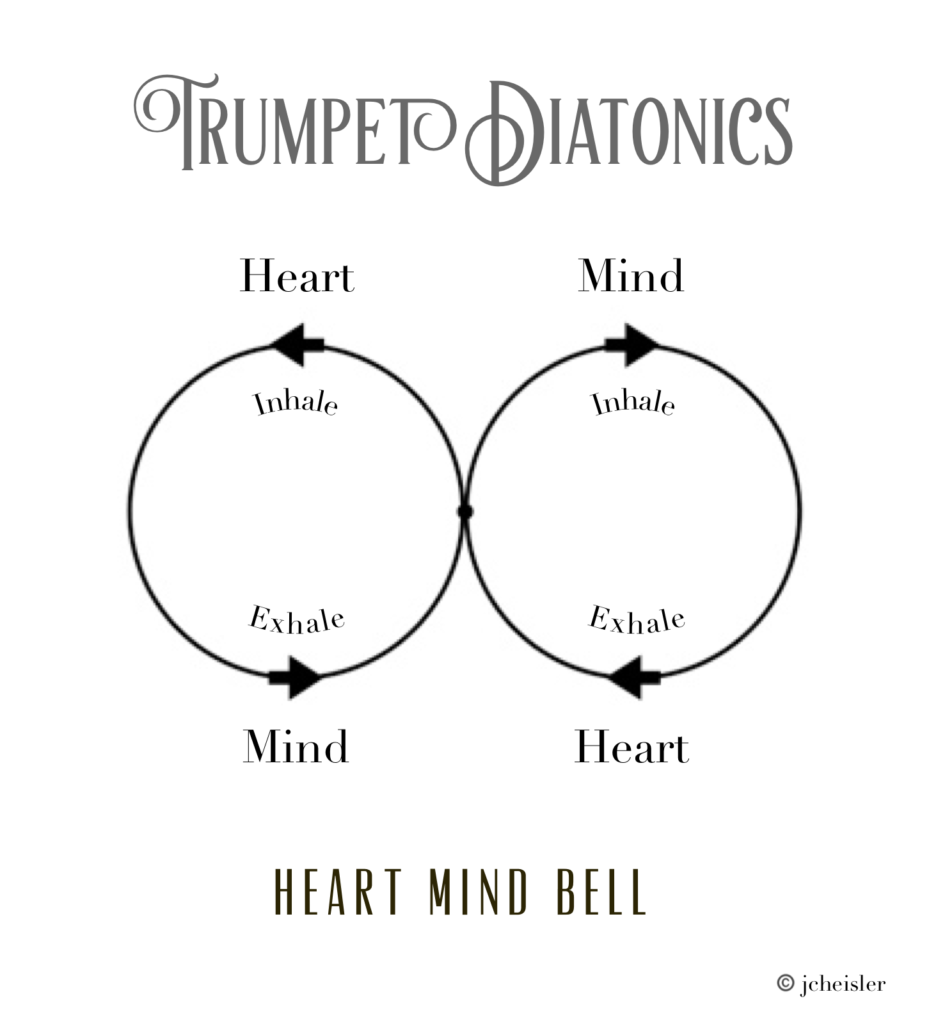Thich Nhat Hanh
adaptation by JC Heisler
To perceive always means to perceive some thing. We believe that the object of our perception is outside of the subject. But that is not correct. When we perceive the music, the music is us. When we hear the music, the music is the object of our perception.
The music is our consciousness; it is the object of our perception. It is our perception. Perception means, the coming into existence of the perceiver and the perceived. The music that we hear is part of our consciousness. The idea that our consciousness is outside of the music has to be removed. It is impossible to have a subject without an object. It is impossible to remove one and retain the other.
The source of our perception, our way of hearing, lies in our store consciousness. If ten people listen to a symphony, there will be ten different perceptions of it. How the symphony is perceived depends on our mind; our memories, our experiences, our emotions. Our perceptions carry with them all the errors of subjectivity; then we praise, blame, condemn, or complain, depending on our perceptions. But our perceptions are made of our afflictions, craving, anger, ignorance, wrong views, and prejudice. Whether we are happy or we suffer, depends, largely on our perceptions. It is important to look deeply at our perceptions and know their source.
We have an idea of excellent performing. We believe that only certain conditions will make us perform well. But it is often our idea of an excellent performance that prevents us from performing well. We have to look deeply into our perceptions in order to become free of them. Then, what has been a perception becomes an insight, a realization of the sounds. It is a clear listening, hearing things as they are. Our performing excellence and the performance of those around us, depend on our degree of Right Hearing. Touching reality deeply, knowing what is going on inside and outside of ourselves, is the way to liberate ourselves from the suffering that is caused by wrong perceptions. Right Hearing is not an ideology, a system, or even a path. It is the insight we have into the reality of music’s invocations; a living insight that fills us with melody, harmony, rhythm, understanding, peace, and love.
Sometimes we see our apprentices doing things we know will cause them to suffer in the future. But when we try to tell them, they will not listen. All we can do is stimulate the seeds of Right Hearing within them, and then later, in a challenging moment, they may benefit from our guidance. We cannot explain an orange to someone who hasn’t tasted one. No matter how well we describe it, we cannot give someone else the direct experience; he must taste it for himself. As soon as we say a single word, the pupil is caught. Right Hearing cannot be described, we can only point in the correct direction. Right Hearing cannot even be transmitted by a teacher. A teacher can help us identify the seed of Right Hearing that is already in our ear’s garden, and help us have the confidence to practice, to entrust that seed to the soil of our daily performance creation. But the apprentice is the gardener. Each apprentice must learn how to water the wholesome seeds that are in themselves, so that the sonorities are sung of generous Right Hearing.
The instruments for watering wholesome seeds is Mindful Listening, Mindful Breathing, Mindful Practice, Mindful Performing; living each moment Hearing in Mindfulness.
Image teaching uses words and ideas. Substance teaching communicates performance through the art form. When you are caught in your perceptions and ideas, you loose the reality of creation from within the art form. To practice is to go beyond ideas so that you can be present to the such-ness of music’s evocations within you in every moment.

